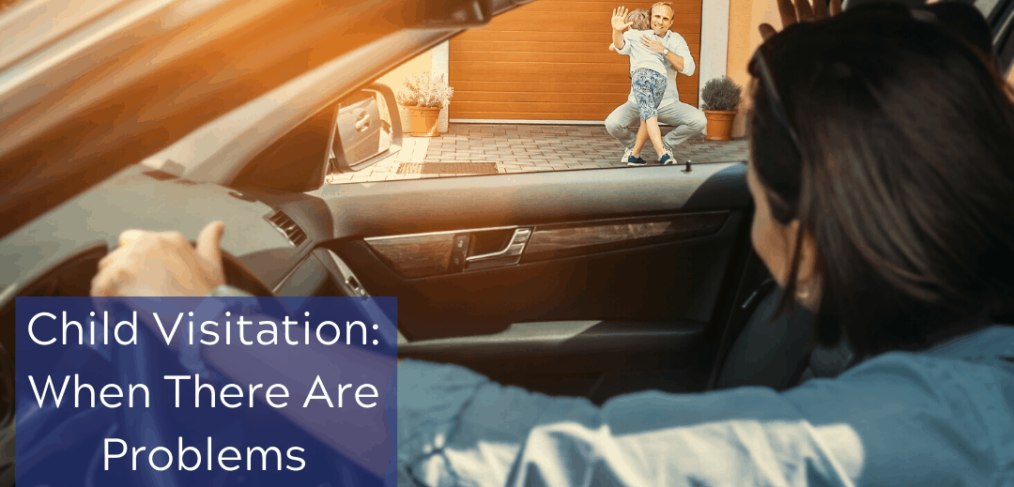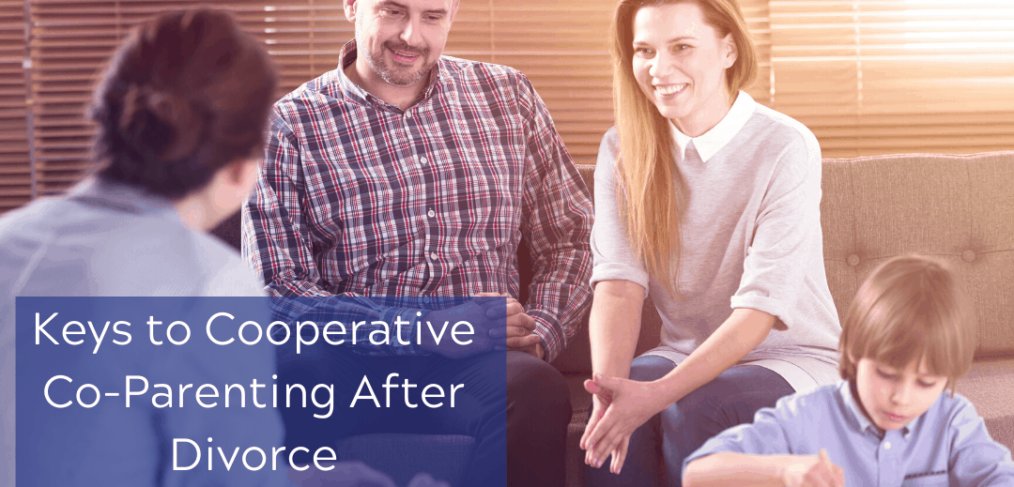Learn how to survive divorce by keeping your focus off of the things perceived as lost. Our expert guest blogger suggests to keep a more positive train of thought and suggests uplifting topics where you can focus.
After two parents’ divorce, visitation schedules for the children involved are meant to be, as legal doctrine states, “…in the best interest of the child…”(www.divorcesupport.about.com). But they don’t always work smoothly in the day-to-day lives of divorced families. One issue parents might face is when the kids don’t want to visit the other parent. This article contains insights for “ironing out” child visitation problems.
Keys to cooperative co-parenting when going through a divorce successfully can be complicated. Children of divorce do best when both of their parents continue to be actively involved in their lives. It’s the ongoing connection that makes the positive difference for these children, minimizing the fact that their parents no longer live together.
Cooperative co-parenting is universally encouraged and because it is encouraged after divorce it can reduce the long-term negative emotional impact on children. Cooperative Co-parenting styles and arrangements can differ widely from family to family to suit their individual needs. Professionals agree that co-parenting will only succeed if some basic agreements are made and kept. This will help avoid significant mistakes.
DAWN happily sponsored The Yoga Movement – Yoga At The Zoo on Sunday, June 29th 2014! It was a very successful event that brought 600+ people together for a great morning of yoga, music and fun. From beginner to expert, Yoga At The Zoo turned out to be a great event for everyone who enjoys yoga or may have the desire to try it.

The registration package included:
- Yoga Movement Class
- Detroit Zoo on-site parking for the day
- Detroit Zoo admission for the day
The response to this event has been amazing. We hope you can join us next year!
Save the Date!
Make sure you save the date next year! The Yoga Movement will all be back at the zoo on June 28, 2015 for more yoga, great music and zoo fun!!
The response and demand have been amazing the event has already been scheduled to take place again. There will already be an announcement of the “Pose of the Month” contest. Make sure you send your yoga poses from vacation locations across Michigan and you could win two tickets! The winner will be announced monthly.
Enjoy your summer!
Talking to Children About Divorce Takes Parental Sensitivity and Compassion! Children are affected by divorce differently at different ages and in reaction to differing circumstances in their lives. But one thing’s for certain, they need to be part of ongoing dialogue about your divorce before, during and long after so they feel connected to you, safe, secure and loved.
What should you discuss with your child – and how?
It’s not easy to explain all the aspects and emotions of divorce to your children. Sometimes reading them a book can help them understand and work through what they are feeling. www.parents.com published a top 10 list of helpful books about divorce that we thought you might find helpful.
The divorce of one’s parents is a memorable moment for any child not only because it is a major change, but because it is a major change in the foundation that their life has been built upon – family. Your children might have heard stories about divorce from their friends. They may have noticed that you are not getting along with your spouse, or they may have heard you arguing.
When talking to your children about divorce, you want to make the talk age appropriate. Telling a three year old that mommy or daddy won’t be living in the home is different than telling an eight year old or a twelve year old.
Many of us who’ve been through a divorce find ourselves in a position where we’re asked, or wanting, to give advice to a friend who’s going through the same thing.
According to the article “8 Ways Divorcés Can Help Those Going Through Divorce Now” on www.huffingtonpost.com, there are a few things we should (and shouldn’t) pass along.
Making the decision to end a marriage is not an easy one. And oftentimes, the time period leading up to that decision is as stressful (if not more so), than the actual leaving. I know that when I came to a crossroads in my marriage, the decision kind of made itself.









